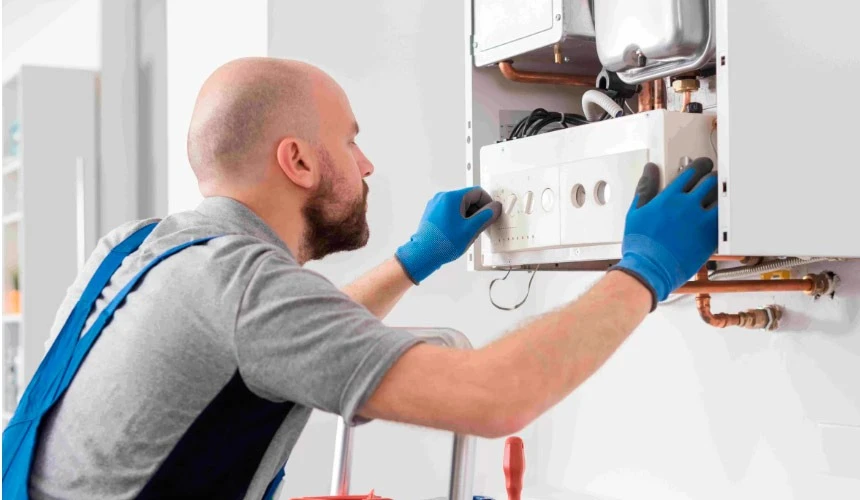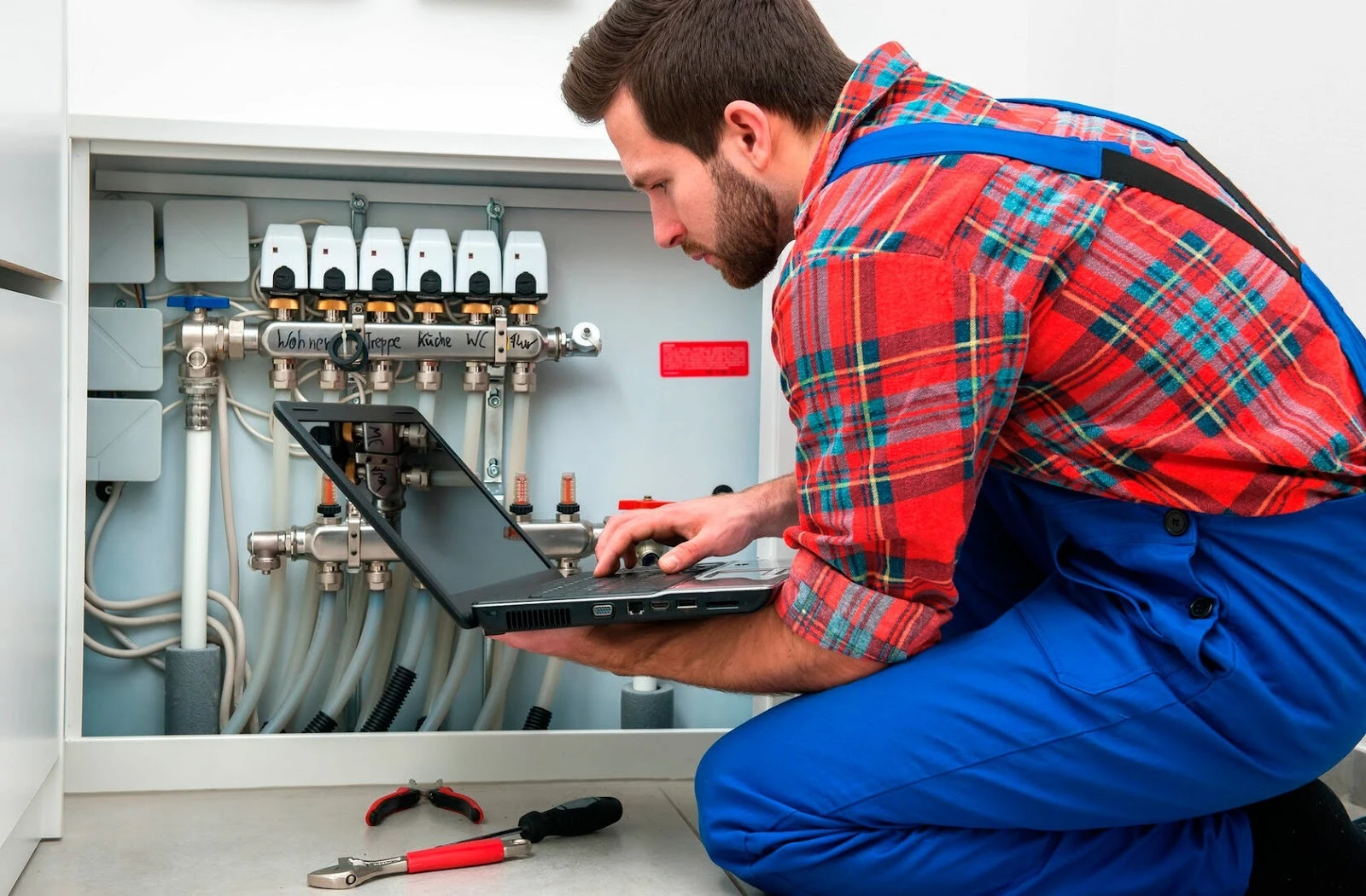The first cold weeks are usually a test for your home heating system. While some homeowners simply turn on the thermostat and enjoy the warmth, others notice an unpleasant surprise – energy bills are rising for no apparent reason. This is unpleasant, but there is good news – there is almost always an explanation. And you can even fix the situation without spending a lot of money. All you need to do is check the heating system yourself or contact specialists. Or order an energy audit or home heating system repair service on this website from Rocky Mountain. The specialists work quickly and without errors. They also provide a guarantee. But let’s get back to the breakdowns that cause us to pay extra.
5 Most Common Reasons Your Heating Bills Go Up
An increase in your bills should only be cause for concern if your heating is operating as usual. In other words, it hasn’t gotten colder outside, and you haven’t changed the thermostat settings. Let’s look at the most common reasons why your heating system starts to consume more energy than necessary.
1. Dirty Filters and Low Air Circulation
A filter that has not been changed for a long time forces the system to work under increased load. The fan has to expend more energy to push air through the dust-clogged openings. Dust and debris trap heat inside the unit. As a result, we end up with higher bills and faster equipment wear.
How to avoid it: check the filter monthly and replace it every 60–90 days on average (more often if there are pets in the house or residents are prone to allergies).

2. Incorrect Thermostat Operation
The importance of the thermostat is often underestimated, but it determines how often and how intensively the furnace operates. If it is incorrectly configured, located in direct sunlight, or simply outdated, the heating system wastes energy inefficiently.
How to avoid it: check the mode settings (especially “heat” and “auto”), consider replacing it with a programmable or smart thermostat. This is one of the most profitable investments in energy savings.
3. Air Leaks Through Windows and Doors
Even a perfectly working furnace cannot cope with heat loss through cracks in windows, doors, or the attic. In this case, the system simply tries to compensate for the loss, and heating costs increase daily. In essence, you are heating the air outside. After all, the furnace heats it, and an uninsulated house immediately loses it.
How to avoid it: do a quick “thermal audit” of your home. Check the joints, seals, and areas around the windowsills. Sometimes, sealing and inexpensive materials are enough to reduce your bills starting next month.
4. Wear and Tear on the Main Components of the Furnace
An old or overloaded system works longer to reach the same temperature. Wear and tear on the burner, heat exchanger, delayed fan activation, or low gas pressure all gradually increase energy consumption.
How to avoid it: Regular inspections and minor adjustments are much cheaper than “emergency repairs.” Even a simple burner cleaning can restore up to 10–15% of the system’s efficiency.
5. Lack of Professional Seasonal Maintenance
A home heating system has a technically complex structure. And if no one checks it for years, problems gradually accumulate. Scale, dust, micro-leaks, and unstable flames appear. All of this seems insignificant until the energy bill rises.
How to avoid it: An annual furnace tune-up is not just preventive maintenance. It is a real increase in efficiency, an extension of the equipment’s service life, and a lower risk of “midwinter troubles.”
How do You Know When it’s Time to Take Action?
Increases in bills are rarely random. They usually signal technical problems, heat loss, or incorrect settings. Repairs may be inevitable if the issue is ignored. And the sooner the problems are fixed, the less you pay for heating during the season.
If you notice that your heating bills have increased for no apparent reason, it’s time to contact certified specialists. The technicians will identify the cause of unnecessary expenses, provide expert recommendations, perform maintenance, and, if necessary, replace worn components. This way, you can enjoy a comfortable indoor climate without overpaying for heating.

